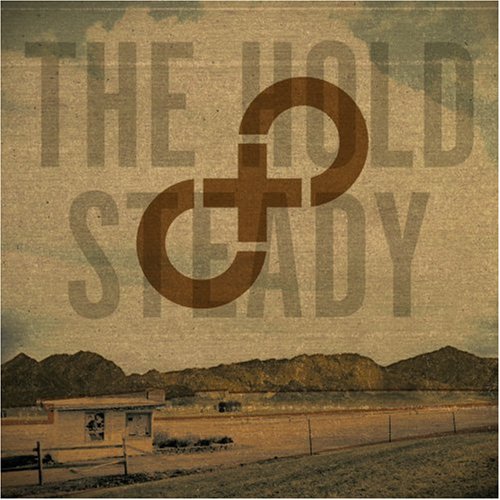The Last Temptation of Chris 
Chris Difford
Stiff Records, 2008
If a heart breaks in the forest, will anyone hear it? What if it sounds this good? Thus, the Difford dilemma. I’ve always said that the best lyricists, in any genre, should make it look easy. Should make you want to pick up a pen and start writing, blissfully unaware (at least initially) of the degree of craft, wit, style, and syntax one must possess to be at all effective.
There should be no dissent that Chris Difford is one of pop’s very best lyricists. Yet his gifts are tempered by a relentlessly self-effacing personality, insuring that he is under-represented when it comes to anything but penning great lyrics for others to sing and write melodies for. With vocalist/multi-instrumentalist/melodicist Glenn Tilbrook, Difford was the bedrock of pop juggernaut Squeeze. A recent
Mojo review went as far as to say that Difford was the band’s big talent – that Tilbrook’s genius for Beatle-esque hooks was often mired by a short attention span, a fondness for trendy production techniques, etc. It was a daring statement, and upon much reflection, I think it’s right. Lyrically, Squeeze have been consistently brilliant…musically, things have been hit or miss.
I’m too young to have experienced the heyday of Squeeze, but I did see them do an acoustic performance at a local record store when I was a kid – I think it was winter of 1993. Pete Thomas, of the Attractions, was playing drums, but since this was an acoustic gig, he played tambourine. Still a thrill, to think of one of pop’s finest skinsmen diligently tapping. He did a fine job. I was unfamiliar with the band, and immediately taken by the upside-down harmonies – with Tilbrook’s glorious tenor on top and Difford’s gruff baritone coming in just right, often in perfect unison.
It has been interesting to watch the Squeeze principals go their separate ways…Tilbrook’s two disks have seen some really glorious melodic flights trapped in a mess of ADD-addled skatter, some childish humour, and half-baked lyrics. Difford’s, beginning with
I Didn’t Get Where I Am in 2003, was something else entirely. Thoughtful, quiet, bittersweet musings. Almost defiantly middle-aged, Difford does not insist on recapturing his drunken youth. It’s a bold decision, and leads to some provocative music.
Glenn Tilbrook couldn’t resist getting a dig in a Difford’s direction, offering this couplet on his second solo album: “Your folksy noodlings have petered out / they didn’t raise pulses or your bank account.” Yikes…but Difford’s music repays careful attention, and Tilbrook has never been one for sitting still for more than four minutes twenty.
Squeeze is back to being a going concern, which is surely good for everyone’s pocketbooks, but I do hope it doesn’t draw attention from
The Last Temptation of Chris, Difford’s wondrous new solo disk. Pairing up with songwriting ace Boo Hewerdine was a stroke of genius, underpinning Difford’s prose with subtle but infectious melodies. Difford, always timid about his singing, bounces back with performances that are intimate and conversational, yet tuneful. He seems to be singing a bit higher than normal, and sounds great doing so.
The subject matter, and how Difford explores it, is typically brilliant. “Reverso” is, yes, a song about a man having his vasectomy reversed upon experiencing a late-in-life romance…not a true story, Difford assures us, but a great idea for a song, gathering themes of love, youth, aging, agony, and renewal together for five minutes of masterful storytelling. “Come On Down” is about the intersection of love and finances, another rarely touched-upon subject, and is rendered exquisitely. It’s ultimate lines, where Difford brings to a head the issues at hand are among my favorites:
I said I know the problem, you’ve seen it many times.You think you have it sorted, but then you’ve crossed the linesThat blur the very image you’re trying to preserve.He loves her, but he keeps borrowing money and behaving irresponsibly. Denial has run its course, and now things are on the surface…
I could dissect, dismantle, and discover endlessly on
The Last Temptation of Chris, but I’ll resist. Alas, I haven’t seen a single copy in a retail store. I had to mail order it. Don’t let retail indifference lead you to an in-Difford-ish experience…




